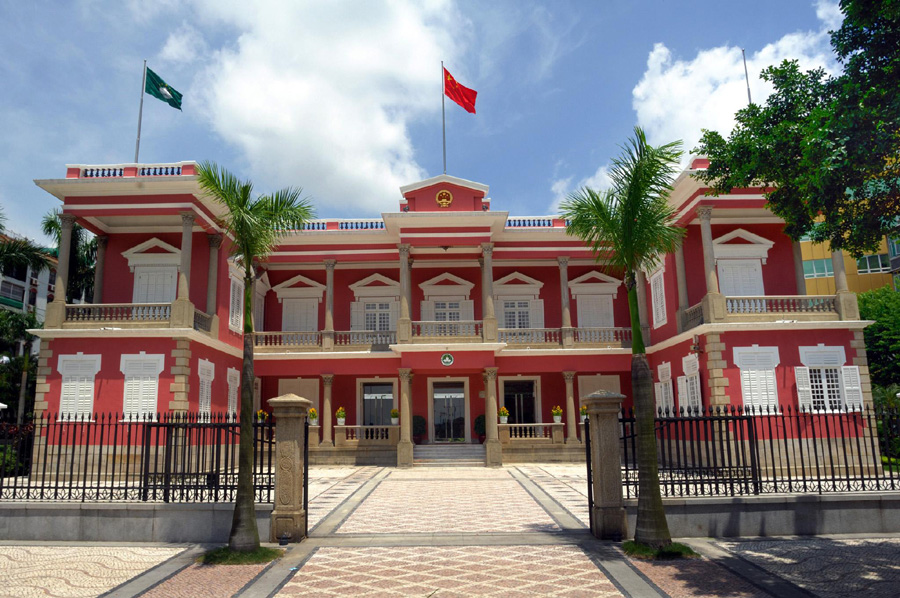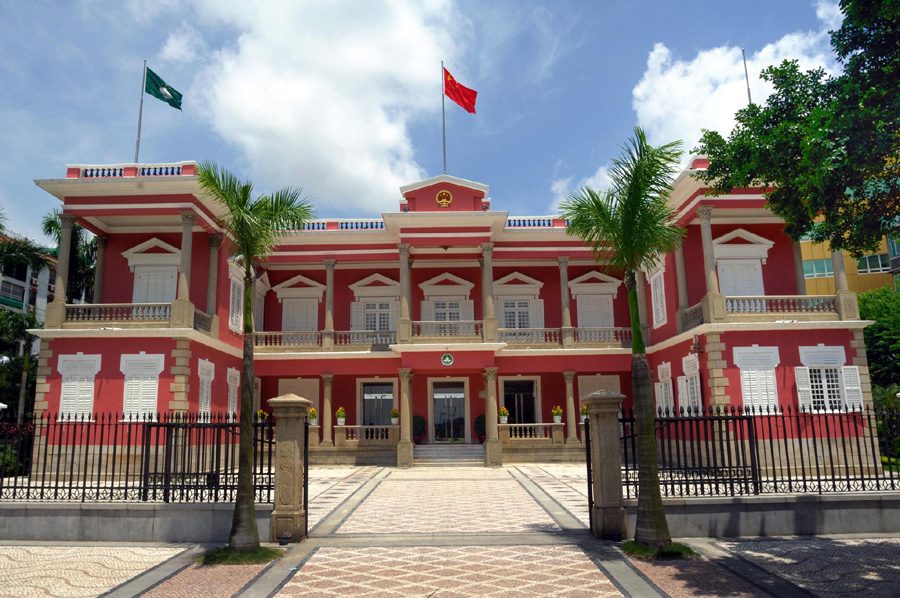Macau, China, 16 Oct – The pragmatism of the People’s Republic of China will be put to the test vis-a-vis the election of the next Chief Executive of Macau, who will be known in less than a year if the scheduling criteria is similar to the one that was used to nominate current Chief Executive, Edmund Ho Hau Wah, according with the lastest issue of the Macau Monitor intelligence report.
In a society such as Macau, where there are not many potential candidates for the role, the support that the central government gives to the person that will be Chief Executive of Macau, from 20 December, 2009, will be decisive.
This is because most of the 300 people who will make up the selection committee for the future head of Macau can be expected to follow Beijing’s preferences on the matter.
This committee will choose the future head of government based on the Basic Law of the Macau Special Administrative Region (MSAR). Apart from the 300 electors, no other Macau citizens will directly participate in choosing its leader.
In regards to its perceived preferences, the central government has two obvious options for the future Chief Executive of Macau, said the Macau Monitor report.
Either it supports some well-known person from the private sector, undoubtedly a business person, or it can opt – similarly to Hong Kong’s Donald Tsang Yam Kuen – to choose a senior government official who is knowledgeable about the administrative machine and whose actions have not created difficulties for Macau or China as a whole in the recent past.
By May of 2009 at the latest, according to informed sources, the 300-member Election Committee will be nominated by the central government. This committee will choose the new Chief Executive of Macau who will replace Edmund Ho Hau Wah, leader of Macau since 20 December, 1999.
The theory that the new Chief Executive will come from the current Administration means that secretaries Francis Tam Pak Yun (59 years old) and Fernando Chui Sai On (51 years old), responsible for Economy and Finance, and Social Services and Culture, respectively, are considered potential favourites.
Tam has proved he has the ability to create dialogue and manage difficult situations. He runs the Macau government’s most delicate portfolio, namely the end of the gaming industry monopoly, and experienced the entry of an enormous amount of imported labour into the Territory to support economic development.
Tam, who has been linked to Chinese politics since the 80s, got his degree in Business Administration in the United Kingdom and actually entered politics recently (post-1999), after a great deal of business experience in the textile and apparel sectors.
Chui, whose family had previously been linked to the Chinese Nationalists, got his degree in the United States. He is a specialist in health sector administration, and began his political career in local politics between 1992 and 1995 as a deputy of the Macau Legislative Council.
Chui’s time in office has been marked by important events such as UNESCO’s decision to recognise Macau as a World Heritage destination, and he successfully prepared international sporting events such as the Lusophone Games, East Asian Games and Asian Indoor Games.
Macau Monitor also said that if the option is someone outside of the government, Ho Iat Seng, a 51 year-old businessman, appears to be the favourite. Ho Iat Seng is a senior board member of the Macau Chamber of Commerce and the Industrial Association of Macau and represents Macau at the Standing Committee of the National People’s Congress.
Ho Iat Seng is a member of a local patriotic business family with long-standing ties to the “motherland,” i.e. authorities in the mainland, such as during the Sino-Japanese War.
Despite the low-profile of Ho Iat Seng, of the Ho Tin family, in recent years this veteran businessman has been more active in regard to social and political involvement in Macau. This suggests that he may be being groomed and tested to occupy important offices in local politics.
Apart from these names, another person that has been talked about to become the new Macau chief after Edmund Ho leaves the post in December of 2009 is Chief Public Prosecutor Ho Chio Meng.
Ho Chio Meng (53 years old) studied law in Beijing, Coimbra and Macau.
The people of Macau do not know for sure who will replace Ho, and neither is it clear what Beijing’s preferences are, though Beijing can be assumed to have been “working” on the Macau leadership change for some time already, the Macau Monitor report concluded.
(MacauNews)






